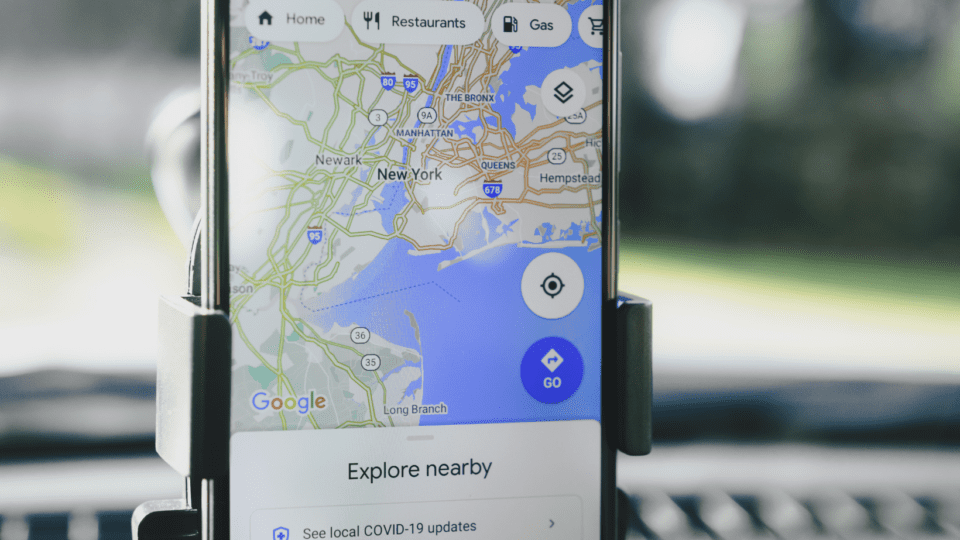How to appear in Search Engine Results Pages (SERPS)
Search results from Google and others are compiled by computer algorithms designed to provide the user with relevant and useful results based on the ‘search terms’, or keywords, they have entered. What is referred to as the ‘organic’ search results appear as lines of text down the left hand side of the results page. In search engine marketing, creativity and adaptability is used to help client’s websites become known, trusted and prominent in the ‘organic’ search results. This process is known as Search Engine Optimisation, or SEO.
So – How do you appear higher in the search results?
Search engine optimisation is the process of improving a website and the presence of a brand on the internet in order to increase visibility in the organic search engine results. Because search engines do not accept payment for listing in the organic search results this involves optimising a website for hundreds of factors (as Matt Cutts mentions in the video) to improve the website’s compatibility, whilst creating a quality website that others will want to visit and link-to.
The official word from Google themselves
Google’s former spokesman for the quality of Google search results Matt Cutts explains in the video below how Google finds website pages through links, indexes them (for storage) and then ranks the pages to appear in search results for particular search keywords entered by the user:
Search Engine Optimisation is a complex process involving improvements to hundreds of aspects of your website and the presence of your business online.
Search engines like Google collect huge amounts of data on the websites they display in the results of a search. They use this data and combine it with complicated calculations to work out which websites to show and where to show them in the results of a search. SEO involves learning about what the search engines are looking for when they collect data on a website and how they process this data, then using this knowledge to optimise the web presence of a business in order appear higher in search rankings. The result is that the business is seen by more customers. Several studies have shown that the vast majority of searchers do not look beyond the results at the top of the first page. The elements of an SEO plan are varied but typically include a combination of link building, content creation and technical audits of a client’s website and business information.
Every SEO agency will have their own ‘recipes’ used to distribute their client’s budgets across all these hundreds of different areas. You can get an idea of our SEO recipe below to give you an idea of how we distribute your monthly budgets.
The Bad
Some SEO companies will spend all of your budget on building “dubious” links from unrelated (or very loosely related) websites across the world, often from Asian countries. This may give your website a boost for just a few weeks or months, but soon after the Google algorithm will detect the deception and erase the value that those links were passing to your website, causing your website to drop out of the organic search results. If enough of these deceptive techniques are detected, the Google algorithm will send an alert triggering a human Google employee to undertake a “manual website review”, which can result in a complete ban of your website domain from the Google search results.
The Good
Our approach, on the other hand, is to build a genuine online presence for your business through a great, regularly updated website, sustained social media presence, finding great sites across the world related to your business and gaining links from them to your website. We might adjust our recipe in the first few months of your SEO campaign, in order to compensate for specific weaknesses in your online presence. But after a few months our work usually settles down into the standard campaign routine, with your budget distributed as shown in the pie charts below.




